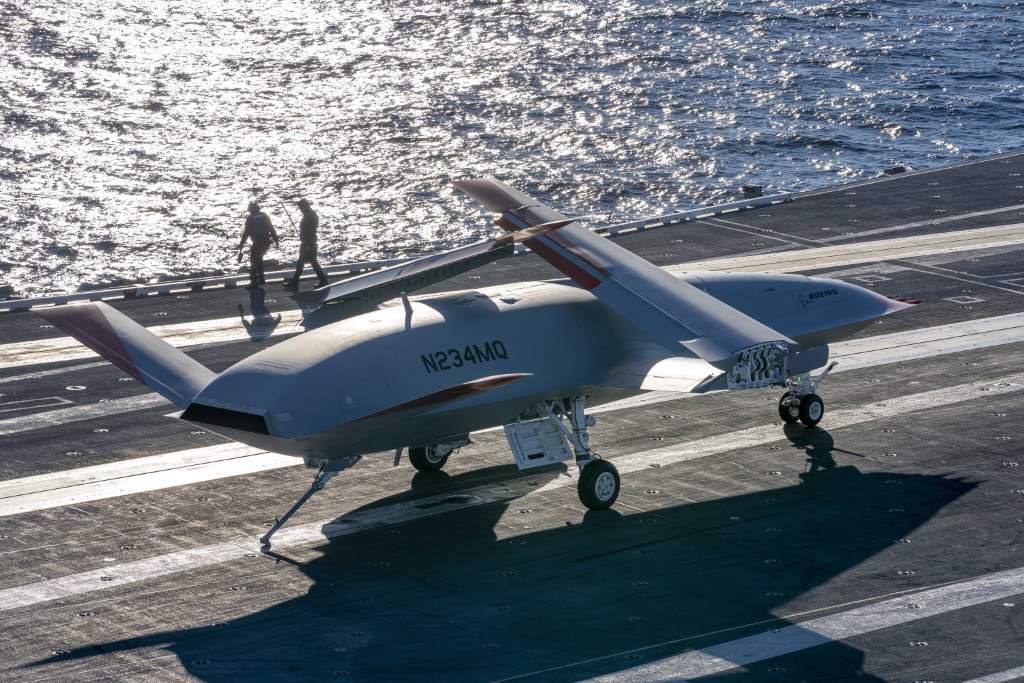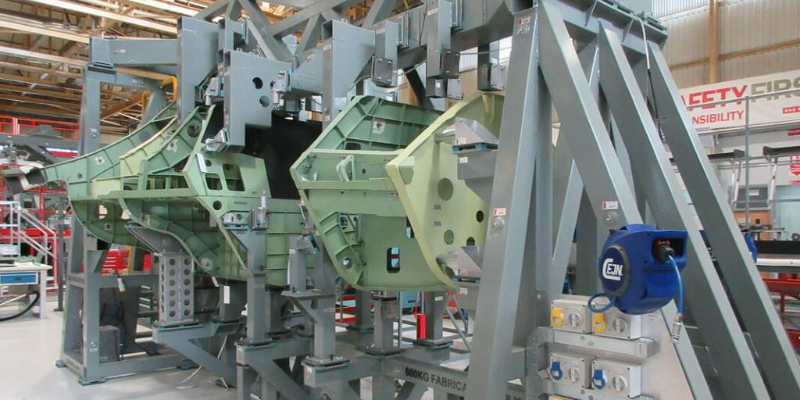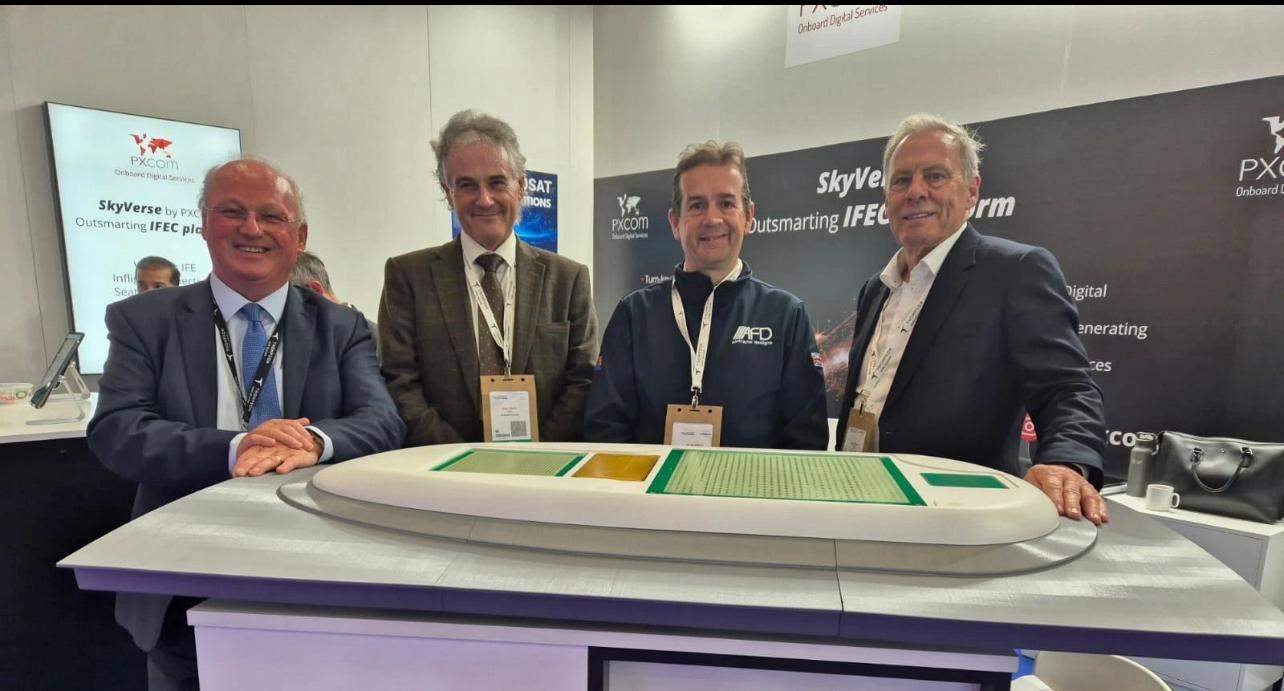
Boeing headquarters moved alongside drones and advanced division in Arlington
10th May 2022 | In News | By Michael Tyrrell

Boeing has announced its Arlington, Virginia campus will serve as the company's global headquarters.
The aerospace and defence firm's employees in the region support various corporate functions and specialise in advanced aircraft development and autonomous systems.
"We are excited to build on our foundation here in Northern Virginia,” said president and chief executive officer Dave Calhoun. “The region makes strategic sense for our global headquarters given its proximity to our customers and stakeholders, and its access to world-class engineering and technical talent.”

In addition to designating Northern Virginia as its new headquarters, Boeing plans to develop a research & technology hub in the area to harness and attract engineering and technical capabilities.
The hub will focus on developing innovations in the areas of cyber security, autonomous operations, quantum sciences and software and systems engineering.
"The future of Boeing is digital," said Greg Hyslop, Boeing's chief engineer and executive vice president of engineering, test and technology. "Focusing our R&D and talent development in areas that support digital innovation will fuel the introduction of cutting-edge capabilities. This new hub in Northern Virginia will follow the successful implementation of this technology strategy in other regions."
Boeing will maintain a significant presence at its Chicago location and surrounding region.
"We greatly appreciate our continuing relationships in Chicago and throughout Illinois. We look forward to maintaining a strong presence in the city and the state," said Calhoun.
Over the past two years, Boeing has implemented flexible and virtual solutions that have enabled the company to reduce its office space needs. At its Chicago office, less office space will be required for the employees who will continue to be based there. Boeing will adapt and modernise the workspace to better support future work requirements.
"In today's business environment, we have adopted a flexible work strategy in parts of our company and are taking steps to be more efficient within a reduced footprint. This helps us channel investments toward our critical manufacturing and engineering facilities and training resources," added Calhoun.
Consider a free digital subscription
If you find this article informative, consider subscribing digitally to Aerospace Manufacturing for free. Keep up to date with the latest industry news in your inbox as well as being the first to receive our magazine in digital form.










